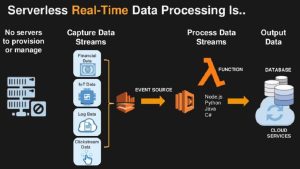Four property scams to be aware of
With fraud and scams now making up 40% of all crime in the UK, members of the public are now more likely to become victims of fraud than any other crime, including theft and burglary.
Statistics from the ONS show that, unlike common stereotypes, victims are often not old and frail, but tend to skew to younger, wealthier demographic groups, those who are climbing the property ladder and are likely to complete property sales and purchases.
Becoming a victim of fraud can have much more than just a financial impact, causing tremendous emotional harm. Therefore, it’s best to do everything one can to avoid becoming victimised in the first place. Here are four property scams to look out for and how to avoid them.
Payment Diversion Fraud
During the conveyancing process, criminals hack solicitor computer systems or email accounts and pose as the solicitor, instructing the buyer to send their payment (sometimes the entire value of their home) to the criminals’ bank account, quickly dispersing the money and cashing out. For home buyers or sellers, the lost funds usually involve life-changing sums.
To avoid this scam, buyers should choose conveyancing solicitors Bromley such as https://www.samconveyancing.co.uk/Conveyancing-Solicitors/conveyancing-solicitors-bromley that have robust cyber security controls.
Your conveyancers should also discuss any protocols with you during onboarding in the unlikely event that they do change bank details during your conveyance process. Buyers should always check any new instructions like this in person or on the phone with their named contact who they know (using the contact details they already hold, not any new ones on a new email).
Title Fraud
This is when fraudsters pose as buyers until well into the buying process. This allows them to fish for details and information so that they can register the property under their name through HM Land Registry. Be on your guard for suspicious behaviour from buyers. A good conveyancer will also be able to spot unusual activity.
‘Conveyancer’ Impersonation
Posing as a conveyancer is also a tactic used by criminals to infiltrate the process of a house purchase or commit title fraud. Make sure that you vet your conveyancer appropriately and look at reviews from an independent source. You could also search for them on the SRA register.
Rental Scams
With the rental market becoming increasingly hot, eager renters are keen to secure properties, and some are even paying deposits before they see the property. This unfortunately has led to a raft of fraudulent rental advertisements and scores of renters losing their much-needed deposit money. Avoid this scam by always seeing a property before making a payment.












Post Comment